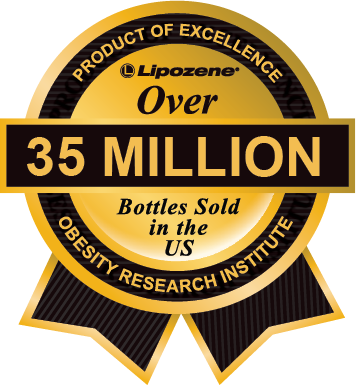




It’s common knowledge today that cholesterol is bad for you, right? Well, not necessarily. Cholesterol is often made out to be the bad guy, but it is actually a very important molecule that keeps your body functioning properly. Since over 102 million adults in the United States have high cholesterol, it is important to learn the risks associated with high cholesterol and how to avoid it in the first place. Be sure to consult your physician if you are worried about your cholesterol levels.
Cholesterol is a waxy, fat-like substance that is found in all the cells in your body, and it is needed to make hormones, vitamin D, and the substances that help you digest food. Your body, specifically your liver, makes all the cholesterol you need. However, cholesterol is also found in foods from animal sources such as egg yolks, meat, and cheese. Cholesterol travels through your bloodstream, however in order to do so it needs to be incased in particles called lipoproteins.
We often hear about HDL and LDL cholesterol. These aren’t actually types of cholesterol per se, but rather the lipoprotein casings that carry cholesterol through the body. HDL stands for high-density lipoprotein and is often known as the “good” type of cholesterol. This is because it protects the arteries against plaque buildup by carrying excess cholesterol back to your liver for disposal. LDL stands for low-density lipoprotein and it is sometimes called the “bad” type of cholesterol because it contributes to the buildup of plaque in your arteries. It is important to have both LDL and HDL cholesterol; however, these levels need to be kept within a healthy range.
Although everyone needs cholesterol, too much cholesterol in your bloodstream can lead to trouble. Generally, high levels of LDL cholesterol are associated with a greater risk for developing various cardiovascular diseases, while high levels of HDL cholesterol are associated with a lower risk. Extra LDL can combine with other substances in your blood and form plaque in your arteries, hardening and clogging the arteries over time and leaving you at higher risk for heart disease, heart attacks, stroke and other health related problems.
There are a variety of factors that can raise your risk for developing high cholesterol:
Luckily, there are many lifestyle changes you can make that may help lower your cholesterol or even prevent high cholesterol in the first place.
If you struggle to manage your weight, Lipozene can help you lose 4x weight and reduce your risk for high cholesterol. According to the FDA, scientific evidence also indicates that Lipozene’s active ingredient, glucomannan, significantly lowers blood lipids and LDL cholesterol.
Feedback: